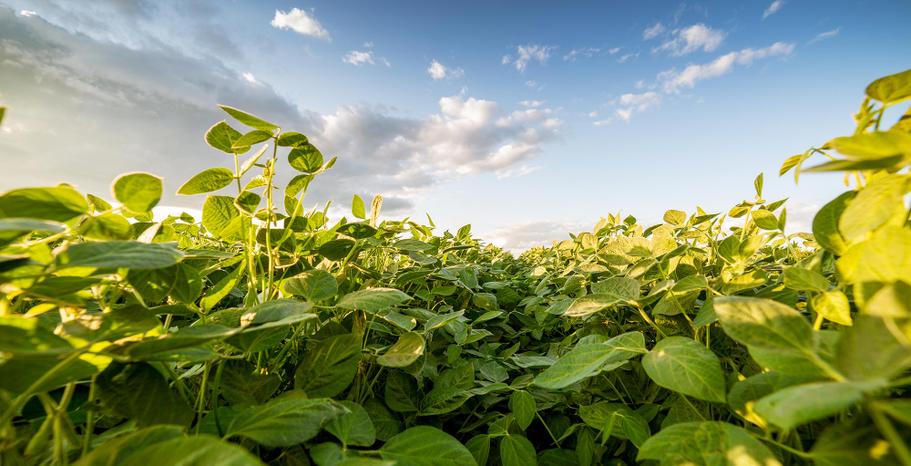
Sustainable Products & Responsible Manufacturing
Efficiency of Soy
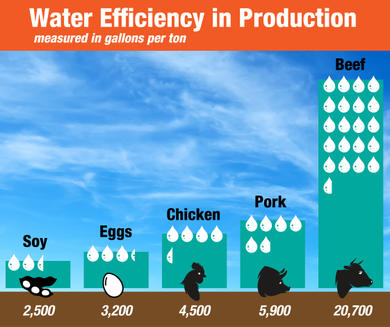
Water Efficiency
Soy is one of the most water efficient protein sources based on production. It uses less water than animal proteins like meat or dairy, and saves more than four million gallons of water for each ton of soybeans produced.
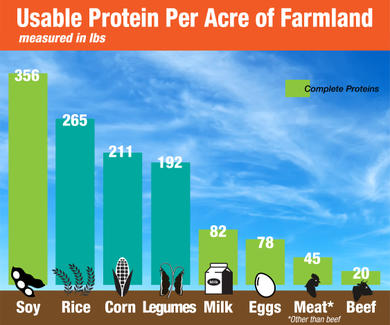
Usable Protein Per Acre
Soy produces more pounds of usable protein per acre of farmland than any other form of complete protein. On average the land requirements for producing animal protein are 10 times greater than producing plant protein.
Creating a Sustainable Environment
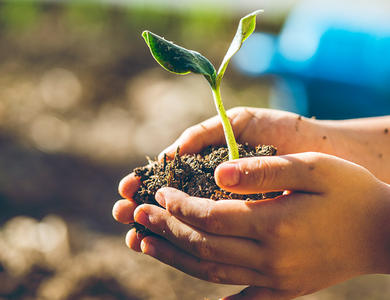
Okara
We understand the importance of the environment and we participate in sustainable business practices whenever possible. Our EPA committee monitors activity to save energy, prevent pollution and reduce waste throughout our entire organization. In addition to reducing materials waste, it is also important we address food waste during the manufacturing of our tofu products.
During the production of soy milk and tofu, a fine pulp remains after the soybeans have been pureed and filtered. This residual pulp is called Okara. Although a popular ingredient in Japan, Okara is less familiar in the U.S. and has been used for animal feed by farmers. While the majority of our Okara is given back for animal feed as well, we recently invested in machinery that allows a portion to be upcycled into a sustainable product as an ingredient solution for food service providers and manufacturers.
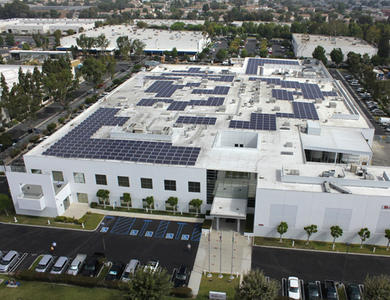
Solar Electric System
Installing a solar electric system at our headquarters allowed us to cut energy costs and reduce carbon dioxide emissions.

